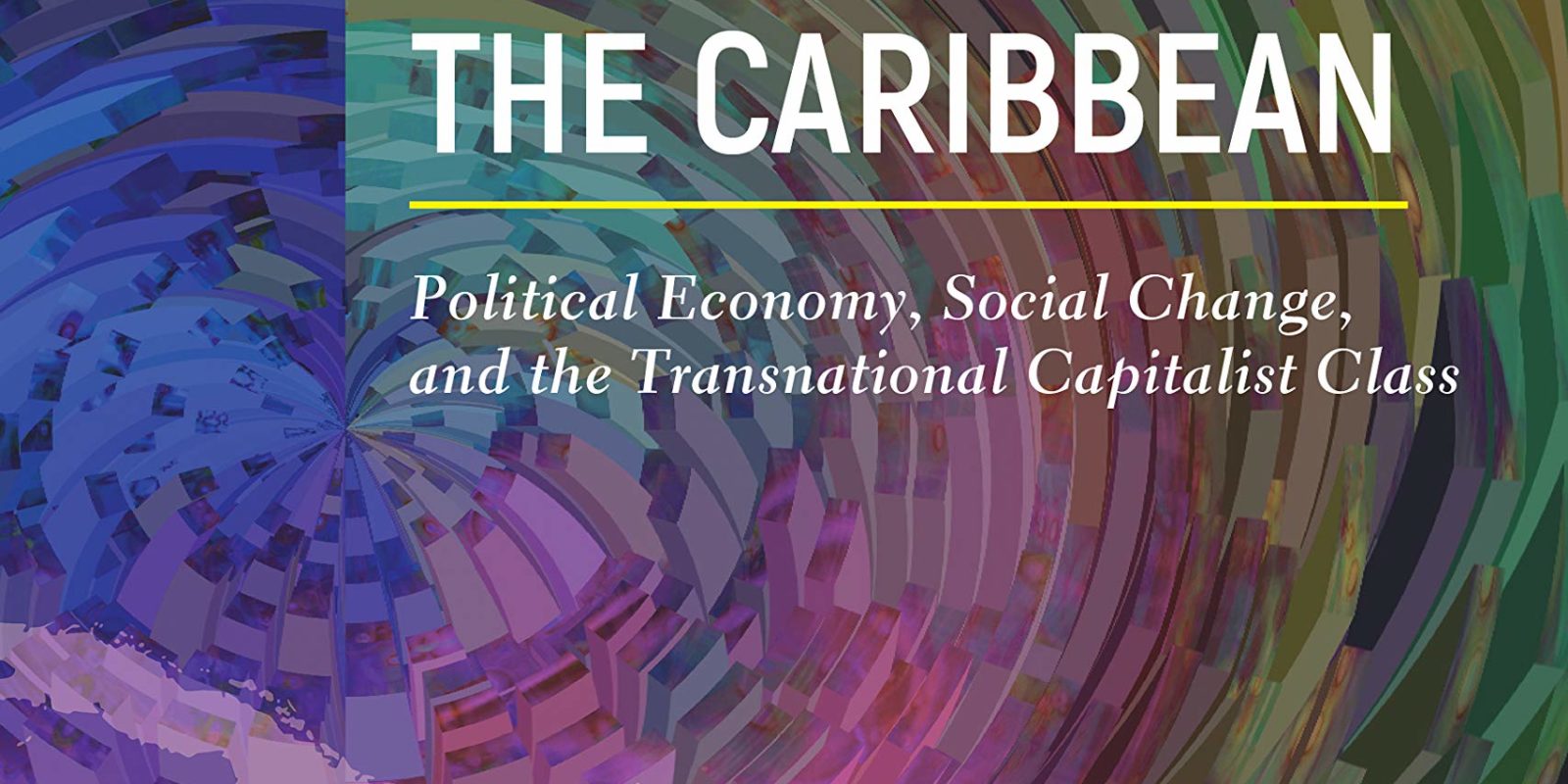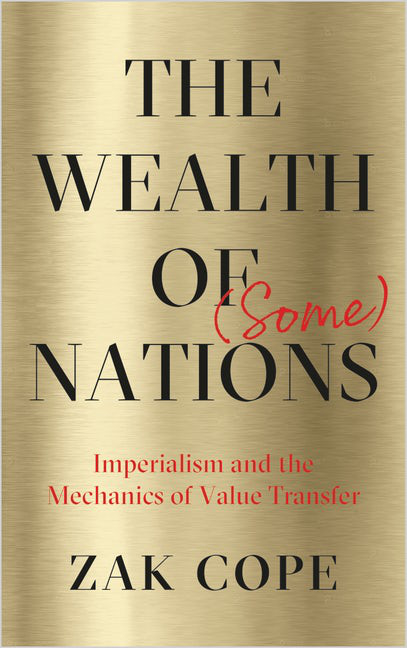Approaches of scholars in the “Global Capitalism School” (GCS) contend that capitalism has entered a qualitatively new phase characterised by processes of transnationalisation. They have varied though in how they see these changes playing out, for example, in regard to how transnational processes alter or entwine with national and international processes. While ideas of a monolithic transnational capitalist class have rightly stirred debate, some such as Sprague emphasize the fractionation of this new ruling class and how we need to understand today’s shifting power blocs. While in the previous phase, the focus of capitalist accumulation and expansion was nation-state centric relying on international trade, the focus of the current phase is global aiming to overcome nation-state boundaries. During earlier phases of historical capitalism, national, regional, and inter-national scopes were key for understanding trade, finance, and so many societal relations. The transnational (or functional integration across borders) of so many political economic processes in today’s world creates numerous challenges for making sense of our world. Importantly these changes occur even as so many local, national, regional, and international processes remain vitally important.
In “Globalizing the Caribbean”, Sprague charts the political, social and economic history of Caribbean states and their development, ultimately interpreting the emergence of transnational processes worldwide and the dominating role of transnational capital and concomitant U.S. power. He seeks then to study how these processes have played out in a particular regional setting. The change in the phase in the Caribbean states, from limited Import Substitution Industrialisation policies to transnational accumulation, is analysed through the evolution of their political and economic dependence on the core states to the dependence on TCC.
Jeb Sprague is one of the representatives of GCS and a founding member of Network for Critical Studies of Global Capitalism. His investigation has focused on the contradictions of dependent capitalist development of the Caribbean. He previous works include books “Paramilitarism and the Assault on Democracy in Haiti” and “Globalization and Transnational Capitalism in Asia and Oceania”.
Chapter 1 briefly introduces the theoretical framework for analysis by presenting global capitalism as a new phase in capitalist development. It sets the stage for interpretation of political economic phenomena in the Caribbean state by laying out the relationship between class and inequality and backs it up with the focus on racial and gendered class relations.
In chapter 2, the theoretical basis for the analysis is elaborated in-depth, focusing on the TCC formation, a break with the nation-state centric approach to analysis, and the questions of hegemony in the system. Besides Marx, Poulantzas and Gramsci and various anti-colonialist Caribbean thinkers of the 20th century and Marxists feminists, the development of Sprague’s analytical framework is influenced by notable works within GCS, such as those of Robinson, Harris and Sklair, and most especially by that of the Barbadian historical materialist scholar Hilbourne Watson. While the whole process is described in theoretical terms, the author sketches its effect on the Caribbean states and how it manifests on ideology, oppression and discrimination.
Chapter 3 outlines the history of capitalist development in the Caribbean and also with regard to the geopolitical and imperial dynamics: it surveys the political relationship of the region with core powers over time, focusing on the dependent status of states as colonies and neo-colonies.
Previously described analytical method (chapter 2) is applied to the historical context of the internationalization and then globalisation/transnationalisation processes in the region (chapter 3) to present case studies of the cruise ship business (chapter 4), migration and remittances (chapter 5), export processing and supranational organizations (chapter 6), and mining (chapter 7). Each chapter covers case studies of a number of individual states, depending on their weight for the given subject. Each case study tracks the development of the area of study from its international to the transnational phase, describing the impact of the transformation on the political dependence, social stratification, economic development and increasing impoverishment.
GCS is a refreshing new perspective on international political economy which manages to overcome many of the limitations of traditional approaches that focus most often on nationally-rooted social agents and the back and forth of inter-national processes. It provides an alternative interpretation of the dynamic social relationships which follow and in turn affect the evolution of economic base and political superstructure. This interpretation uncovers forces hidden deep below (or rather, high above) the surface of nation-states and seemingly “national” interests, “national” bourgeoisie and “national” corporations.
Sprague’s work is an essential contribution to the GCS perspective as it deals with a geographic zone in the global south which has not yet been studied from this approach. It’s also important to mention that not since the 1980s have historical materialist with this broad regional approach been published on the Caribbean. So it is a region lacking in innovative and heterodox political economic research. “Globalizing the Caribbean” also brings in a breath of fresh air into the existing body of GCS research, which, although it emphasises transnational processes and global view of international political economy and accumulation circuits, needs more light shined on underdeveloped and dependent societies formerly colonized parts of the world.
GCS has attracted a number of critics over time, either because it shakes the very foundation of the scholarly work of many academics, or due to difficulty to properly understand its premises and model. The value of Sprague’s work lies in the case studies which demonstrate the application of the GCS theoretical framework in practical terms, therefore minimising the possibility of misinterpretation while offering valuable empirical work. We can safely call “Globalizing the Caribbean” the showcase of GCS for Global South.
Being relatively new, this perspective has a number of areas which are left undertheorised. Most notable category which is still requires more investigation is the other side of the class coin: the proletariat. There is very limited amount of research done about the role of proletariat in regard to TCC and globalisation from GCS point of view. This fact imposes a limit on the GCS framework when it comes to its application and interpretation of exploitation and extraction of surplus value outside of the national context. “Globalizing the Caribbean” skilfully works around that limitation with inclusion of the impact of migration flows and related remittances to the analysis.
“Globalizing the Caribbean” is a well written work equally valuable to the academic community as to the political activists seeking to understand the political realities around them. It gives attention to an often ignored region, a region that was the earliest outpost of capitalist colonial pillage. Importantly, it also gives a shot in the arm to political economic debates for Caribbean studies. Area studies of the region over recent years have taken a strong turn toward cultural studies and literary criticism, a research trend that this book breaks with.




